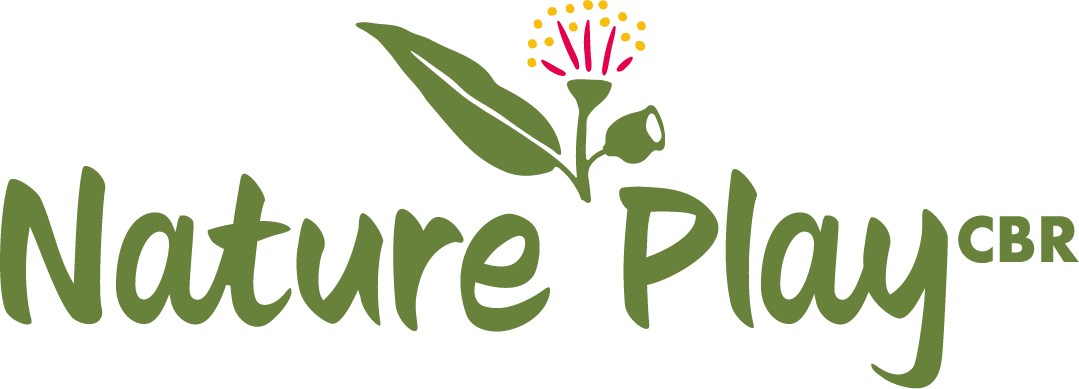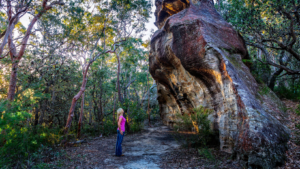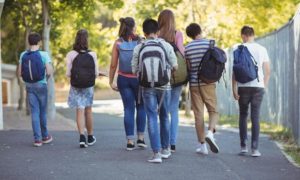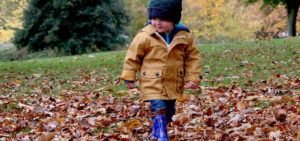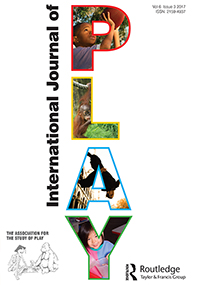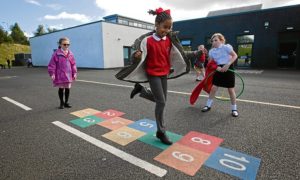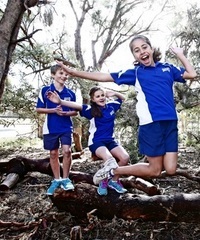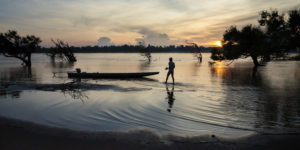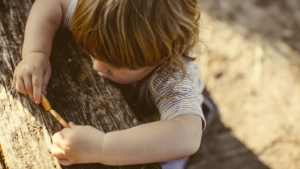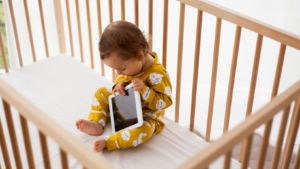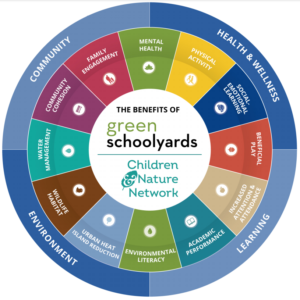Research into the importance of nature play, learning outdoors, risk-taking and children's mental and physical health and wellbeing forms the basis for the work we do.
Here you'll find the latest scientific research that shows the benefits of nature play for our children!
Use the Search function, or click on a keyword in Resource Categories to find research about a particular subject.
Enriched environments elicit brain plasticity in animals. In humans it is unclear which environment is enriching. Researchers set out to identify geographical characteristics that constitute an enriched environment affecting the human brain.
Read MoreDefining the boundary of children’s ‘neighborhoods’ has important implications for understanding the contextual influences on child health. Additionally, insight into activities that occur outside people’s neighborhoods may indicate exposures that place-based studies cannot detect.
Read MoreResearchers evaluated the association between lifelong residential exposure to green space and attention during preschool and early primary school years.
Read MoreThis article explores the intersection of scholarly findings on adult play with ludic urban interventions (those encouraging spontaneous and undirected playfulness). Playful urban design answers our innate need to explore, discover, experiment and even test our mental and physical boundaries.
Read MoreActive play is a novel approach to addressing low physical activity levels and fundamental movement skills (FMS) in children. This study aimed to determine if a new school-based, ‘Go2Play Active Play’ intervention improved school day physical activity and FMS.
Read MoreOptimizing physical activity during physical education is necessary for children to achieve daily physical activity recommendations. The purpose of this study was to examine the relationship among various contextual factors with accelerometer measured physical activity during elementary physical education.
Read MoreA University of Vermont-led study of 300,000 children in 35 nations says kids whose watersheds have greater tree cover are less likely to experience diarrheal disease, the second leading cause of death for children under the age of five.
Read MoreThis study aimed to investigate the influence of Outdoor Education (OE) on different areas of development in 1–3-year-old children attending Italian nursery schools.
Read MoreTraditional screen time (e.g. TV and videogaming) has been linked to sleep problems and poorer developmental outcomes in children. With the advent of portable touchscreen devices, this association may be extending down in age to disrupt the sleep of infants and toddlers, an age when sleep is essential for cognitive development.
Read MoreA growing body of evidence supports the claim that access to safe, natural areas improves health across a wide variety of areas, including heart health, mental health, weight management, ADHD, and stress among children. A concept gaining momentum in this realm is green schoolyards. But what is a green schoolyard?
Read More